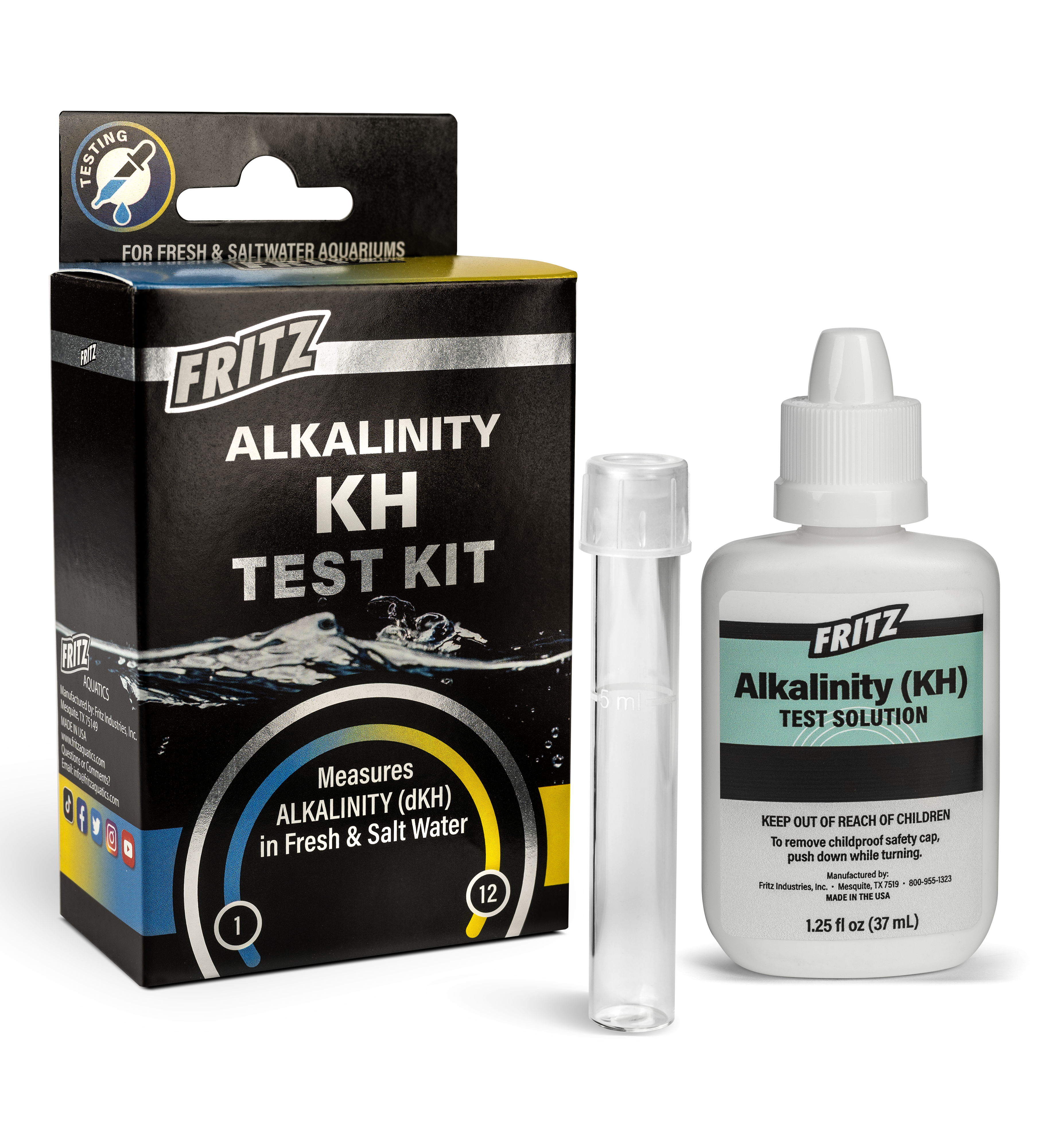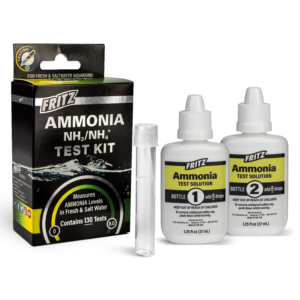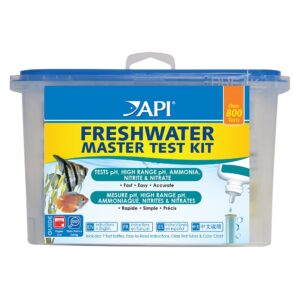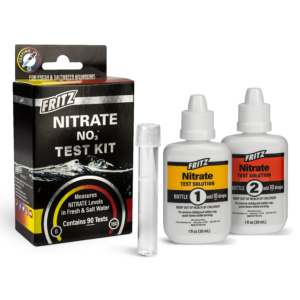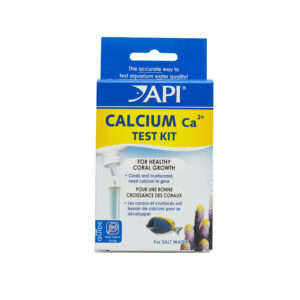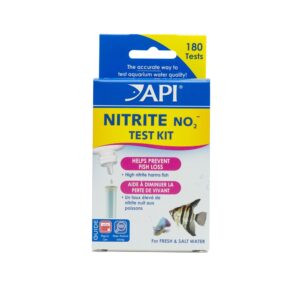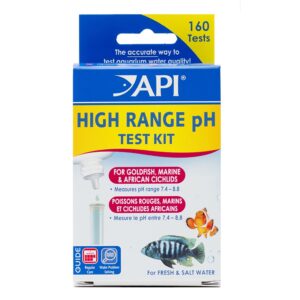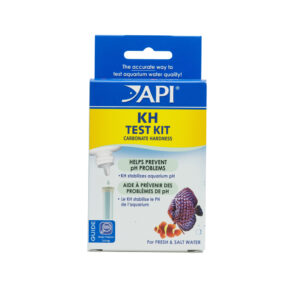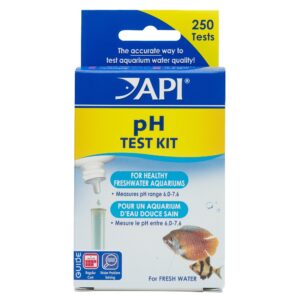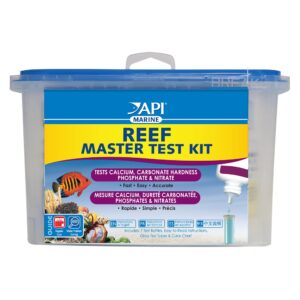-
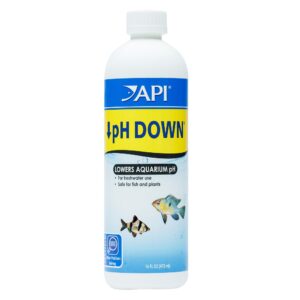 API pH Down Prof. Size 16oz
×
$14.681 × $14.68
API pH Down Prof. Size 16oz
×
$14.681 × $14.68 -
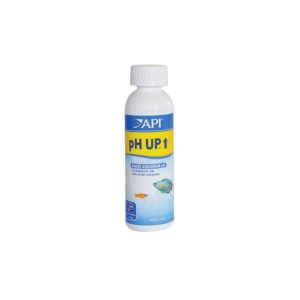 API pH Up 4oz
×
$7.081 × $7.08
API pH Up 4oz
×
$7.081 × $7.08 -
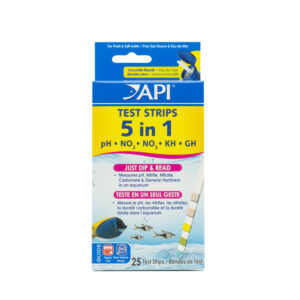 API 5-in-1 Aquarium Test Strips 25ct FW/SW
×
$12.981 × $12.98
API 5-in-1 Aquarium Test Strips 25ct FW/SW
×
$12.981 × $12.98 -
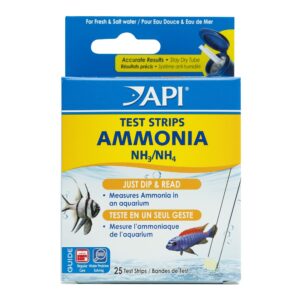 API Ammonia Test Strips 25ct FW/SW
×
$33.962 × $16.98
API Ammonia Test Strips 25ct FW/SW
×
$33.962 × $16.98 -
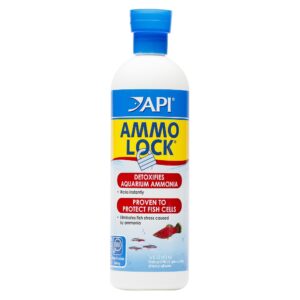 API Ammo Lock 16oz
×
$12.481 × $12.48
API Ammo Lock 16oz
×
$12.481 × $12.48 -
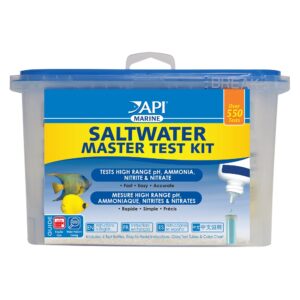 API Saltwater Master Test Kit
×
$35.981 × $35.98
API Saltwater Master Test Kit
×
$35.981 × $35.98 -
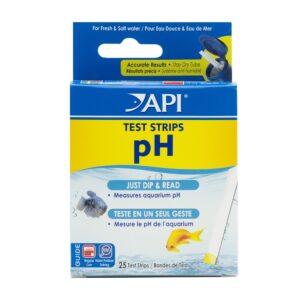 API pH Test Strips 25ct FW/SW
×
$25.962 × $12.98
API pH Test Strips 25ct FW/SW
×
$25.962 × $12.98 -
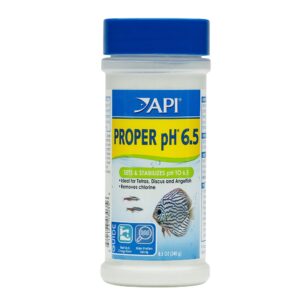 API Proper pH 6.5 Powder Small
×
$11.181 × $11.18
API Proper pH 6.5 Powder Small
×
$11.181 × $11.18 -
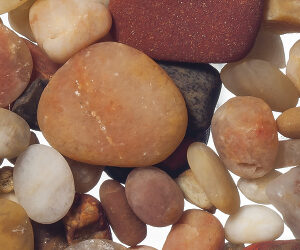 Caribsea Super Naturals Jelly Beans 40lb
×
$22.681 × $22.68
Caribsea Super Naturals Jelly Beans 40lb
×
$22.681 × $22.68 -
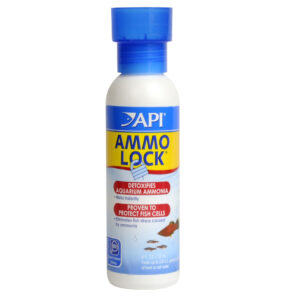 API Ammo Lock 4oz
×
$13.962 × $6.98
API Ammo Lock 4oz
×
$13.962 × $6.98 -
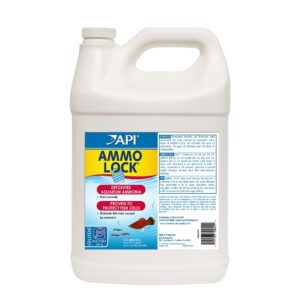 API Ammo Lock 1gal
×
$49.981 × $49.98
API Ammo Lock 1gal
×
$49.981 × $49.98

